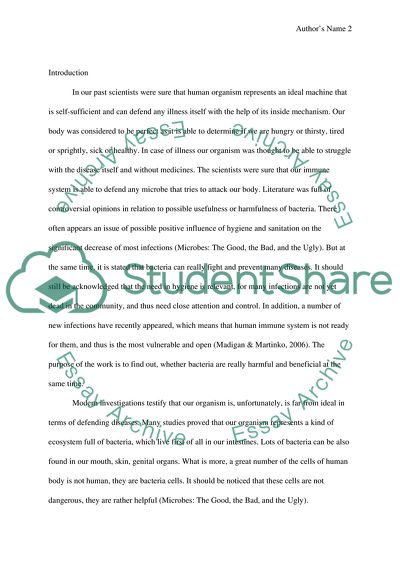Cite this document
(Are Microbes Good or Bad Essay Example | Topics and Well Written Essays - 1500 words, n.d.)
Are Microbes Good or Bad Essay Example | Topics and Well Written Essays - 1500 words. https://studentshare.org/biology/1802341-are-microbes-good-or-bad
Are Microbes Good or Bad Essay Example | Topics and Well Written Essays - 1500 words. https://studentshare.org/biology/1802341-are-microbes-good-or-bad
(Are Microbes Good or Bad Essay Example | Topics and Well Written Essays - 1500 Words)
Are Microbes Good or Bad Essay Example | Topics and Well Written Essays - 1500 Words. https://studentshare.org/biology/1802341-are-microbes-good-or-bad.
Are Microbes Good or Bad Essay Example | Topics and Well Written Essays - 1500 Words. https://studentshare.org/biology/1802341-are-microbes-good-or-bad.
“Are Microbes Good or Bad Essay Example | Topics and Well Written Essays - 1500 Words”. https://studentshare.org/biology/1802341-are-microbes-good-or-bad.


